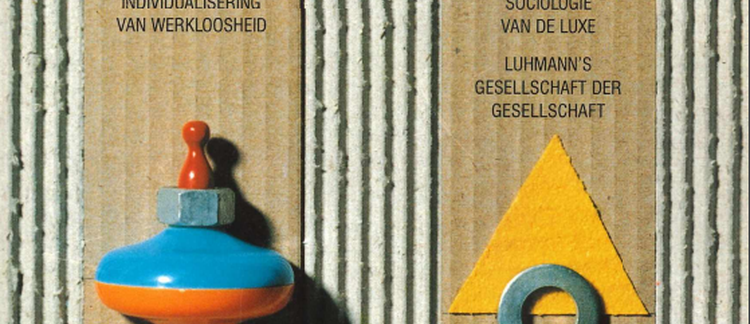Abstract
This article argues against the individualisation thesis that claims that people have become less dependent on collectively provided cultural materials for the construction of their identities and life courses. It is based on in-depth interviews that were conducted as part of a longitudinal research concerning the effects of long term unemployment on the lives of unemployed men and their children. One of the crucial research questions concerns the cultural materials that are available to cope with unemployment. The findings lead to a rehabilitation of the concept of 'social role', The loss of a job places the unemployed in a socially and culturally ill defined situation. For various reasons unemployment itself does not develop into a role. The article describes the various strategies the unemployed use to cope with this lack of social identity and definition of their situation, All of these strategies underline the importance of collectively held expectations for the construction of personal identity and the life course.
How to Cite:
Derks, A., Elchardus, M., Glorieux, I. & Pelleriaux, K., (1997) “De paradox van de individualisering van werkloosheid”, Tijdschrift voor Sociologie 18(3), 327–350. doi: https://doi.org/10.21825/sociologos.86422
Downloads:
Download PDF
View PDF


